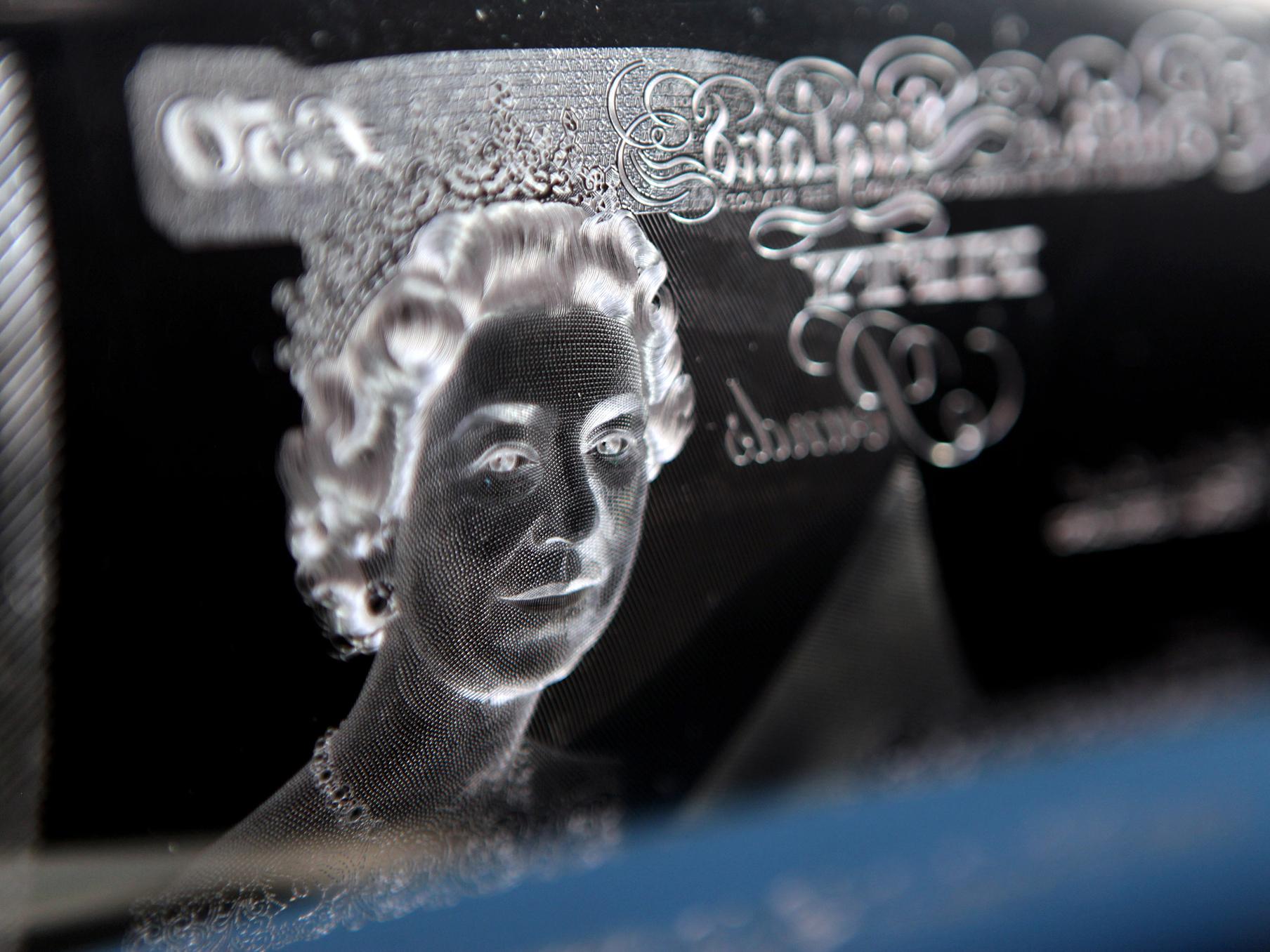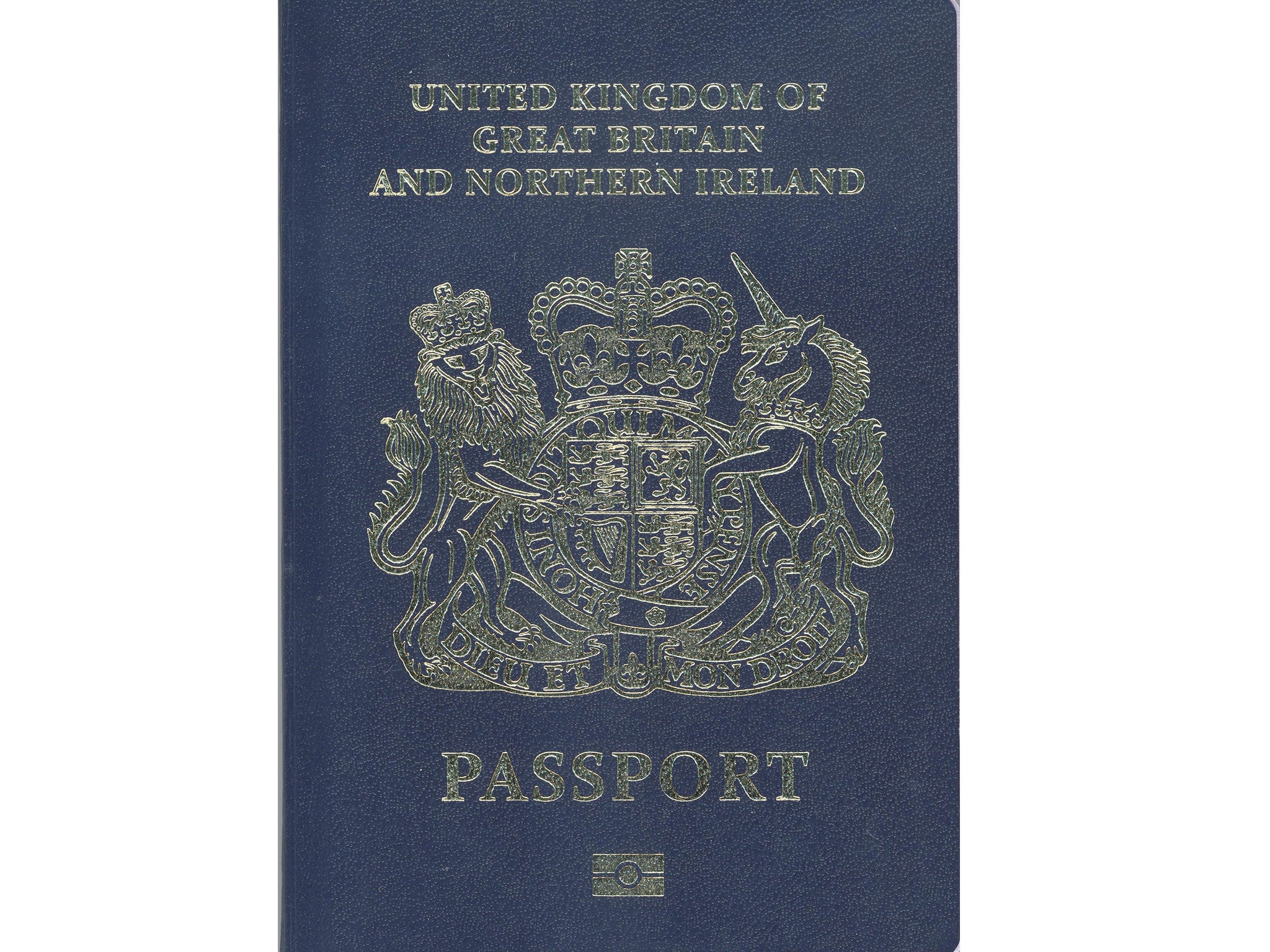One scandal leads to another for disgraced banknote printer De La Rue
The British firm, which turns 206 this year, has found itself fighting a succession of issues, each serious and wounding, writes Chris Blackhurst


Scratch the surface and one problem can emerge, then another, and still another. It’s often the case that a company accused of one thing is soon on the hook for something else. A picture quickly builds of an organisation that appears beset by poor management and weak procedures.
This, it would seem, is the case with De La Rue. The venerable printer of banknotes – 206 years old this year – has found itself fighting a succession of issues, each on their own serious and wounding.
The company’s financials do not make for pretty reading. Net debt is up to £107.5m, a substantial jump from the previous year’s £49.9m. Annual profits are down 77 per cent, and De La Rue followers are braced for further dips.
The shares have responded in kind, losing more than half their value in the past 12 months. While the stock plummeted, the boss continued to see his pay climb – the CEO, who is now departing, Martin Sutherland, obtained a 20 per cent rise, receiving £954,000 plus £197,000 bonus, £29,000 in benefits, and long-term incentive awards worth £132,000.
This for a chief who issued two profit warnings and disclosed the loss of a £490m contract to print the UK’s post-Brexit blue passport, leading to redundancies. There was also an £18m bad debt on Venezuela.
As well as its CEO, the chair and senior independent director are also going. The chief financial officer went last year.
Employees are hurting for another reason. The firm’s pensioners were required to suffer a financial hit so the company could recognise a balance sheet gain. In November 2017, De La Rue “reindexed” the pension fund from RPI-based to CPI, creating a one-off, £80.5m non-cash gain. It’s a change, however, that benefits only the company – not the pensioners who should benefit from the pension. The reindexing is estimated to have cost each of them on average £12,000.
On it goes. Last month, it was revealed that the Serious Fraud Office (SFO) is investigating De La Rue over suspected corruption in South Sudan. De La Rue, which is the world’s biggest printer of banknotes, has been active in South Sudan since the country was established in 2011, designing and printing its banknotes.
The SFO said it was examining how De La Rue and associated individuals conducted business in the African country. In response, De La Rue said it was cooperating with the probe. “Given the early stage of these matters, it is not possible to predict reliably what effect their outcome may have on De La Rue,” the company said.

De La Rue is known, in police parlance, to the SFO. In 2010, it notified the fraud office that some employees had falsified banknote quality tests. That followed a previous investigation, also into allegations of fraud by staff.
Neither are claims about the company and Africa new. In 2017, the Kenyan High Court suspended the award of the country’s new currency printing contract to De La Rue. The central bank was accused of awarding De La Rue favourable terms that stifled competition, and granting the British firm preferred bidder status when it should not have been.
Now, I hear, attention has turned to two other De La Rue country contracts. The awarding of the contracts raised eyebrows since each one was for a highly specialised, technology-based digital product – for which De La Rue was not particularly well-known and did not have an extensive track record.
Inevitably, given the reach of De La Rue’s business, claims of corruption will arise. In some of the countries in which the company operates, bribery is second nature. And every organisation of its size is bound to have an employee or two who does not play by the rules.
Still, though, to have this volume of complaints and setbacks is going some. The reason may be historic, with the corporation pursuing an aggressive transition, from printing notes or old money, to trying to embrace new technology and new markets. That takes careful handling and oversight. It’s very easy for senior management to get mired in the process of change, and not pay enough attention to what’s occurring in the field, to the winning of new business and how that battle is being conducted. Add to that the highly competitive nature of today’s global marketplace, certainly where anything involving digital is concerned and De La Rue’s unfamiliar position as one among many, and it may be that’s where the ingredients for De La Rue’s woes took hold.
De La Rue, too, suffered the misfortune of trickling out bad news. Investors will forgive one error or an attempt to come clean, to admit to mistakes and the accompanying pledge that the company is turning a corner and there will be no more confessions. What they will not stomach is alarm bells ringing repeatedly – they want to know this is the end, that there will be no more. The new management team has much to do.

Join our commenting forum
Join thought-provoking conversations, follow other Independent readers and see their replies
Comments
Bookmark popover
Removed from bookmarks